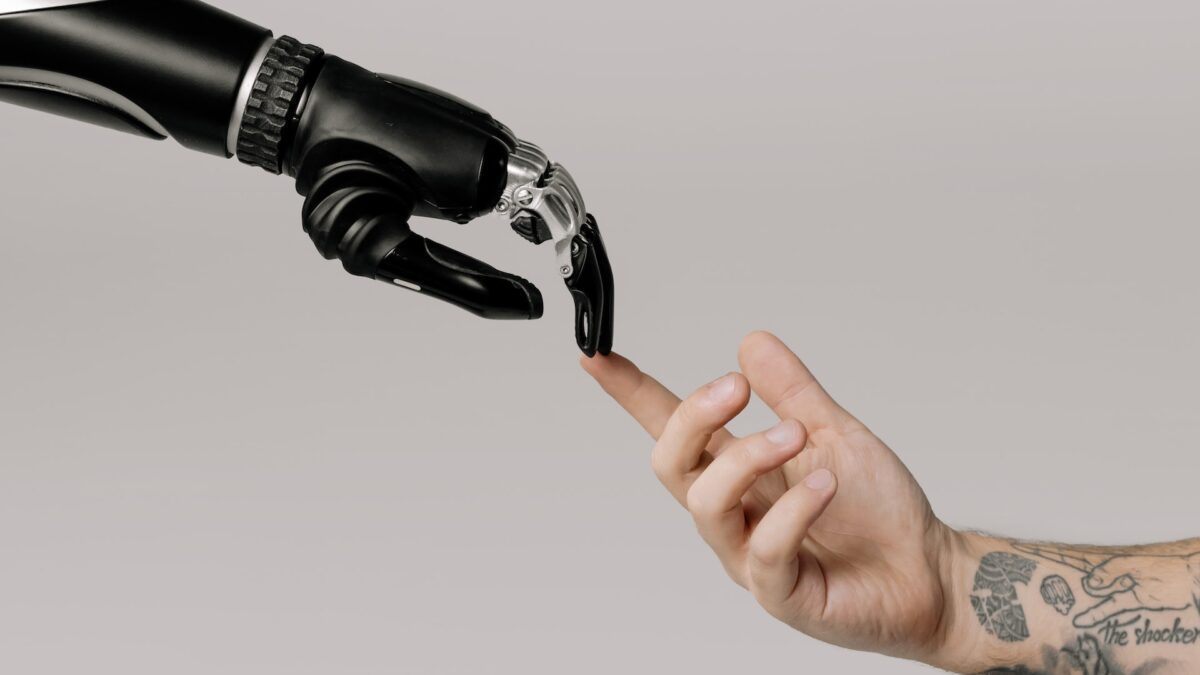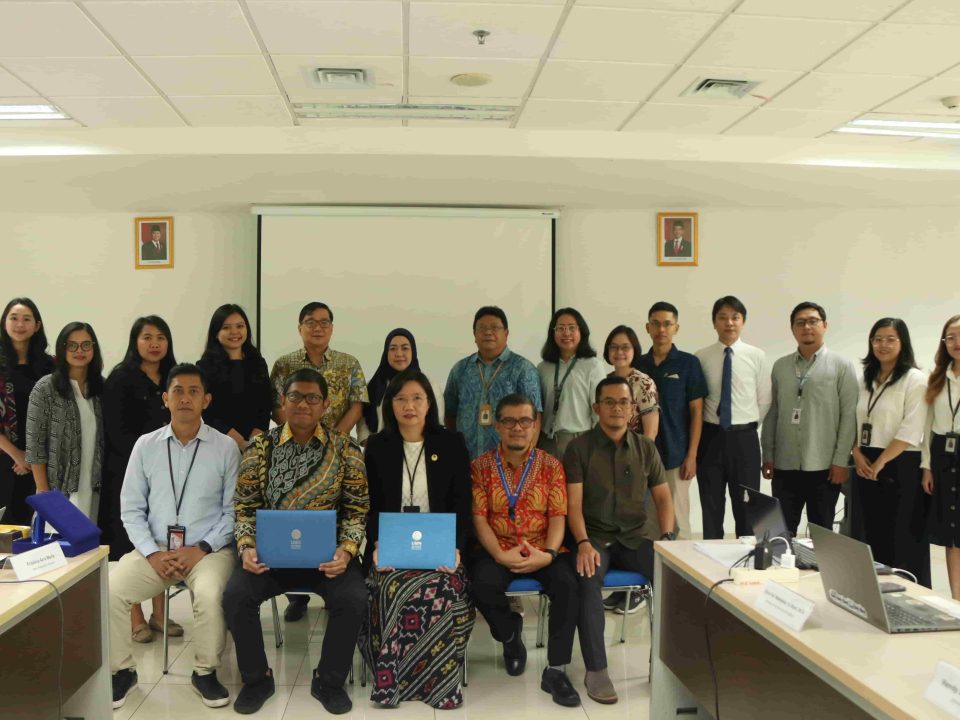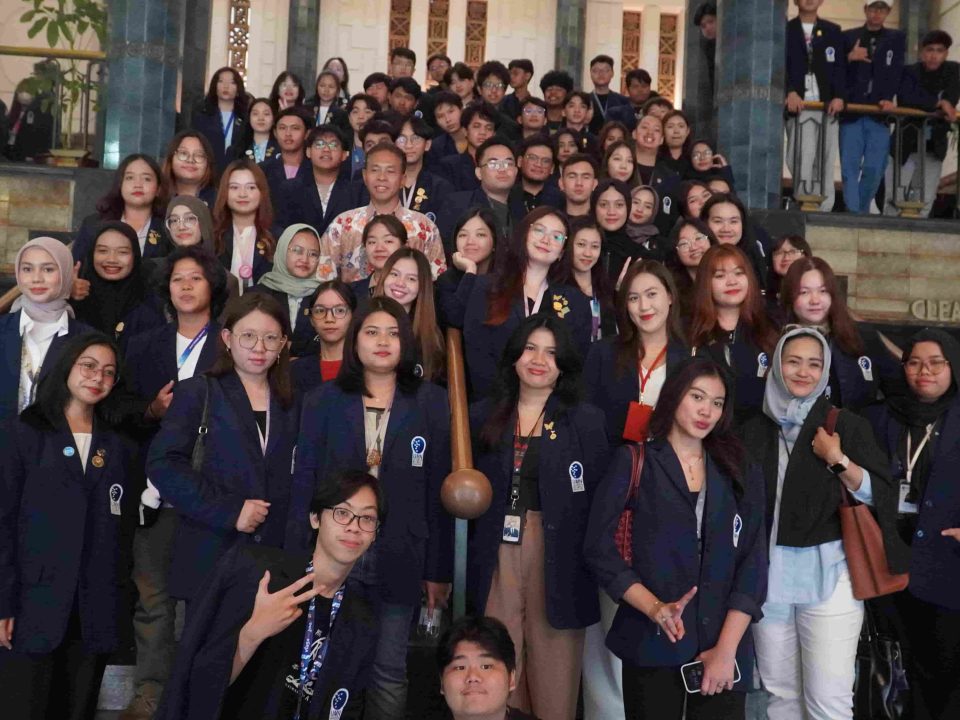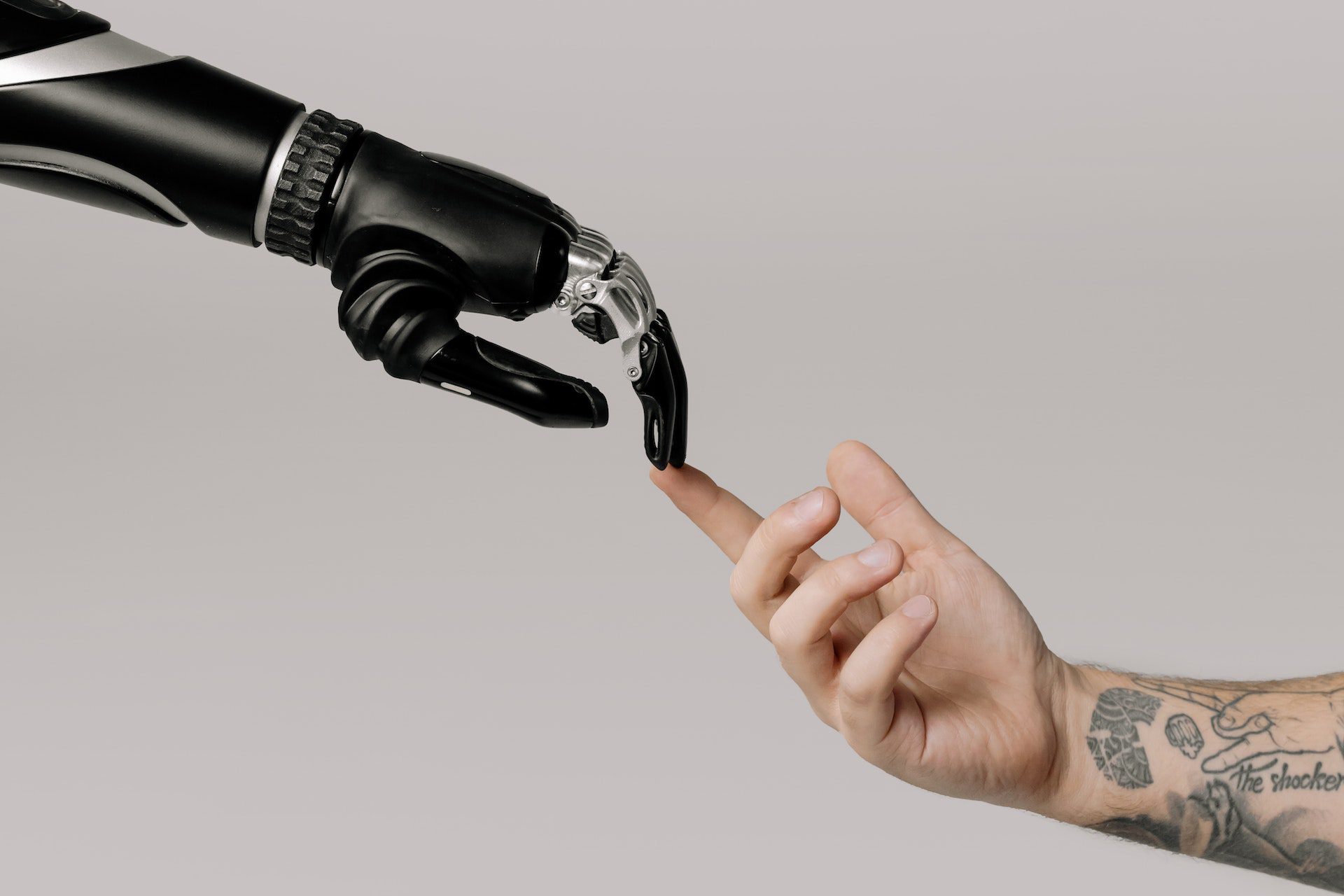
Learn about AI in These College Majors!
August 7, 2023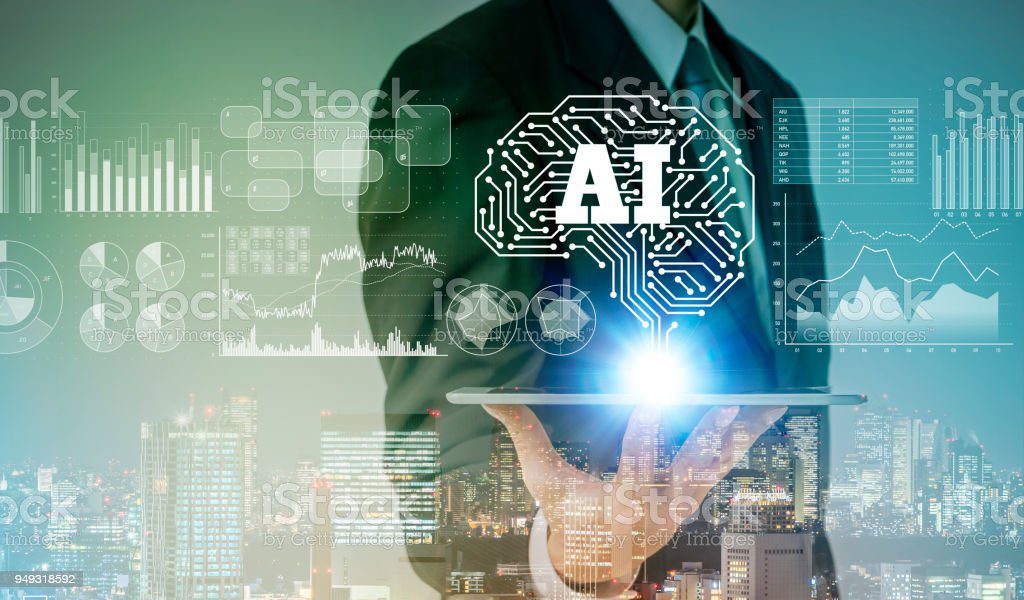
AI: Artificial Intelligence Technology
August 7, 2023
(Sumber: Unsplash/Possessed Photography)
The discussion about Artificial Intelligence (AI) is endless. AI is emerging as a breakthrough technology that has the potential to change and revolutionize various industries.
Currently, Artificial Intelligence, such as ChatGPT, can help programmers revise and detect coding errors and even help students complete their assignments (who here has ever tried using ChatGPT to do an assignment?).
Clearly, AI has the potential to provide tremendous opportunities for humans, but of course, everything has a downside. Like any other disruptive technology, AI also has its drawbacks and challenges. Curious? This article will discuss some of the advantages and disadvantages of Artificial Intelligence.
A Brief Explanation of What Is Artificial Intelligence
Simply put, artificial intelligence is about creating intelligent machines that can think, learn, and make decisions like humans. These machines use advanced algorithms and techniques to process information and perform tasks that typically require human intelligence, opening up many possibilities for automation and problem-solving.
Artificial Intelligence is already being implemented in various sectors, perhaps even all sectors worldwide. AI is used in autonomous vehicles, medical diagnostics, fraud detection, virtual assistants, recommendation systems, and more. AI aims to automate tasks, improve efficiency, and provide intelligent solutions to complex problems.
5 Advantages of Artificial Intelligence
1. Increased Efficiency and Productivity
One of the significant advantages of AI is its ability to automate repetitive tasks, freeing up human resources to focus on more complex and creative endeavors. By simplifying processes, AI can significantly improve efficiency and productivity in various fields, especially for repetitive work.
Quoting Intellipat, unlike humans, machines do not require breaks to recover from fatigue and increase productivity. AI-based machines help perform repetitive tasks over long periods of time without slowing down. For example, in manufacturing, AI-powered robots can operate 24/7 without fatigue, increasing production rates and reducing errors.
AI helps operate machines for an unlimited amount of time without reducing productivity. This is one of the key advantages of AI that has led to its acceptance in every sector. Artificial Intelligence is used by manufacturers to continuously produce goods to meet market demands and earn high profits.
Also read: The Controversy of Using Artificial Intelligence to Write a Thesis.
2. Advanced Data Analysis
AI algorithms excel in analyzing large amounts of data in a very short time compared to the time it takes humans. This allows businesses to gain valuable insights and make data-driven decisions, leading to better strategies, personalized customer experiences, and optimized operations.
In healthcare, Artificial Intelligence can help diagnose diseases, predict patient outcomes, and identify patterns in medical data, ultimately improving patient care and treatment effectiveness.
3. Automation
Organizations can automate various processes by leveraging AI technology, resulting in significant cost savings. According to an article published on LinkedIn, AI’s ability to automate various tasks currently performed by humans is one of its key benefits.
Data entry, data analysis, and customer service are some examples. By automating these processes, businesses can save time, increase efficiency, and allocate human resources to challenging tasks.
4. Enhanced Personalization
Artificial Intelligence has the ability to analyze user preferences, behavior, and historical data, thus allowing businesses to offer personalized experiences and recommendations.
Individual experiences can be tailor-made by AI based on their preferences and behavior. It has applications in areas such as marketing and healthcare, where customized recommendations and treatments can improve outcomes.
What about the education industry? It can too! AI can personalize educational experiences by adapting content and learning paths according to each student’s needs.
5. New Innovations
Artificial Intelligence (AI) can potentially drive and contribute to the creation of innovations in various ways. AI drives many inventions in almost all fields that will help humans solve the most complex problems. For example, doctors recently utilized the power of AI-based technology to predict breast cancer at an early stage.
5 Disadvantages of Artificial Intelligence
1. Impact on Unemployment
While AI brings automation and efficiency, it also raises concerns about job displacement. Certain tasks previously performed by humans can now be performed by AI systems, potentially leading to unemployment and social disruption.
As AI replaces most of the repetitive tasks and other jobs with robots, there is less human intervention which will lead to major issues in employment standards. Every organization wants to replace minimum-qualified individuals with AI robots that can do similar jobs more efficiently.
2. Security and Privacy Risks
AI relies heavily on data, and the collection and utilization of personal information raises concerns about security and privacy. AI systems must be designed with robust security measures to protect sensitive data from unauthorized access and breaches.
In addition, AI also increases the potential for misuse. Take deepfake videos, for example. Deepfakes have the potential to spread false information and manipulate public opinion. Someone could take a video of Barack Obama, for example, and edit the video to make Obama say things he never actually said.
3. Bias and Inaccuracy
One of the main challenges with AI is the potential for biased decision-making. Since AI systems learn from historical data, they can perpetuate biases and inequalities present in the data, leading to unfair outcomes.
If the data has biases, then the AI will also be biased. Certain groups may face discrimination and unfair treatment as a result. For example, if an AI algorithm is trained with data and is biased towards a particular racial or ethnic group, the algorithm’s recommendations or decisions may reflect that bias.
Plus, AI is not always accurate. ChatGPT, for example, provides users with information based on data and information on the internet. Remember, not all information on the internet is true.
4. Making Humans Lazy and Uncreative
As mentioned earlier, humans can now use AI to do most of their work. In fact, in the academic world, AI can conduct research and help write most papers.
Since humans can use AI to think, essential skills that humans should have, such as critical thinking, creativity, problem-solving, and decision-making, will rarely be used.
5. Can’t Fully Mimic Humans
While AI can process large amounts of data and perform complex calculations, it lacks human judgment, intuition, and creativity. Certain decision-making processes require contextual understanding, emotional intelligence, and ethical considerations that are difficult for AI to replicate.
The human touch is especially important in fields such as art, innovation, and parenting, where empathy and subjective judgment play an important role across sectors.
Also read: College Majors at UMN.
Conclusions
Artificial Intelligence presents a world full of opportunities and challenges. Its ability to make human work easier and more efficient and solve the world’s problems is undeniable.
However, if humans are caught off guard, AI can pose security risks, take over human jobs, and make humans lazier. However, don’t be afraid of AI, but use it to maximize your work and solve the world’s problems.
Sources:
By Levina Chrestella Theodora
English translation by Levina Chrestella Theodora
Kuliah di Jakarta untuk jurusan program studi Informatika| Sistem Informasi | Teknik Komputer | Teknik Elektro | Teknik Fisika | Akuntansi | Manajemen| Komunikasi Strategis | Jurnalistik | Desain Komunikasi Visual | Film dan Animasi | Arsitektur | D3 Perhotelan , di Universitas Multimedia Nusantara. www.umn.ac.id

